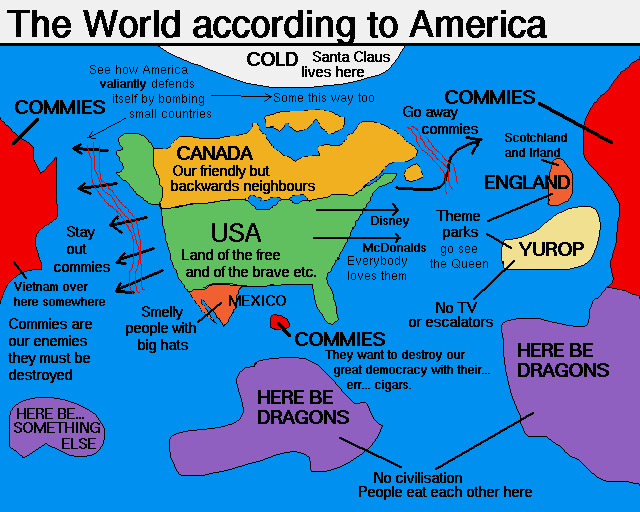Monday, March 1, 2010
Learn to conform
According to a study referenced on Wait Wait Don't Tell Me, Babies who are afraid of loud noises tend to be less likely to commit a crime than those who aren't afraid of the loud noises. It seems to me that because of this, we can reasonably come to the conclusion that people don't do what is 'right' because it is inherently right but because they are afraid of the repercussions of what is wrong.
What does this say about morals. I would say that most people believe that killing is inherently wrong. What if it isn't? What if the only reason that we don't kill is to remain safe from the "loud noises."
I have, for a long time, believed that there was something a little off kilter about our system of morals and the way that it varies from person to person. What if we are just wrong about morals. People claim that empathy is an important human emotion that allows social functions. Have you ever spent time with a "socialite." Not much empathy. Yet a socialite is able to very cunningly get friendships.
I guess, I don't know if there is anything that makes our morals inherently right. There have been a series of psychopaths who live 'fruitful' and 'social' lives. What if we aren't afraid to kill out of empathy but out of fear? What does this say about our society.
What does this say about morals. I would say that most people believe that killing is inherently wrong. What if it isn't? What if the only reason that we don't kill is to remain safe from the "loud noises."
I have, for a long time, believed that there was something a little off kilter about our system of morals and the way that it varies from person to person. What if we are just wrong about morals. People claim that empathy is an important human emotion that allows social functions. Have you ever spent time with a "socialite." Not much empathy. Yet a socialite is able to very cunningly get friendships.
I guess, I don't know if there is anything that makes our morals inherently right. There have been a series of psychopaths who live 'fruitful' and 'social' lives. What if we aren't afraid to kill out of empathy but out of fear? What does this say about our society.
Subscribe to:
Post Comments (Atom)


Although I agree that the ramifications on how we perceive our morals would be significant if our morals were based on fear of consequences and not a feeling of what is right, I believe that our morals are founded on a principle of whats right. Although I agree that fear of consequences is a possible reason for not killing someone, there are other examples where decisions are based on a belief of whats right, not fear. For example, I am strongly against the mistreatment of dogs and other animals. I imagine there are many other people in the world who would agree with me on this. Why is it that I am against the mistreatment of animals? If I supported mistreating animals, as long as I didn't advertise my opinions to the world, I would have no consequences for my opinion. On the contrary, the reason I disagree with the mistreatment of animals is because I believe it is wrong to treat them badly, and I empathize with their position. Whenever I see or hear an example of an animal being abused, I feel terrible about it, not because I am afraid of the consequences of supporting the mistreatment, but because I feel truly bad for the animals, and empathize with their position,
ReplyDeleteThere would still be ramifications if you took the side of the animal abusers. If you voiced your claim, you would be ostracized. If you didn't you would feel a sense of internal dismay because of the conflict between doing what your moral compass tells you is right and that of the world. Overall, I believe the world's compass would win.
ReplyDelete